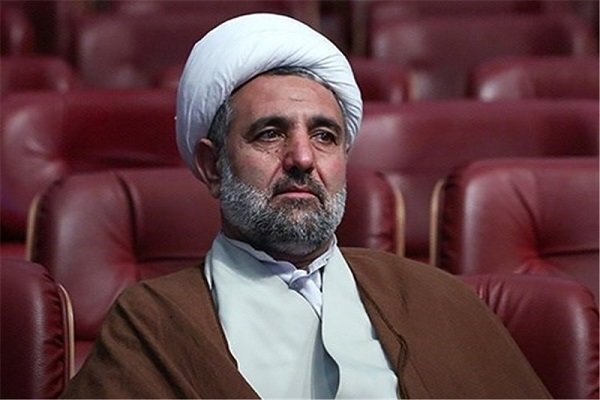Top lawmaker likens INSTEX to an empty bucket

TEHRAN – In its current form the European Union’s financial mechanism for trade with Iran is like an “empty bucket”, which is useless to the Islamic Republic, a senior MP said on Wednesday.
Speaking with the Mehr news agency, Mojtaba Zonnour, chairman of the Majlis Nuclear Committee Mojtaba Zonnour, criticized European parties to the 2015 nuclear accord for not fulfilling their commitments under the deal, saying they lack resolve to implement the trade mechanism, also known as INSTEX.
INSTEX was put forward by European partners to the Joint Comprehensive Plan of Action (JCPOA), commonly known as the Iran nuclear deal, to compensate for U.S. sanctions.
Tehran insists that INSTEX falls far short of its expectations and that the mechanism should include oil trade.
According to Zonnour, INSTEX is said to only cover food and medicine, while it was supposed to facilitate Iran’s economic ties with all countries in the world.
“In fact, our banking and monetary ties must be facilitated and we must be able to export our oil to all countries. But INSTEX does not cover our banking transactions and oil revenues and so, it is of no use to us,” he remarked.
Zonnour added that INSTEX would be useful only if it met all of Iran’s needs.
He also said Europe and the U.S. are only playing the good cop/bad cop with Iran. “Europe is only buying time for the U.S. and has done nothing to preserve the nuclear deal.”
The senior MP warned that Iran would take the third step in reducing its commitments to the JPCOA much firmer than previous steps.
On May 8, 2018, U.S. President Donald Trump withdrew the United States from the JCPOA, which Iran struck in July 2015 with six countries including the U.S., the UK, France, Russia, China and Germany. Under the JCPOA, Iran had agreed to limit parts of its peaceful nuclear program in exchange for the removal of economic and financial sanctions.
After the withdrawal, the U.S. imposed what it called the “toughest sanctions ever” against Iran, despite the international community’s strong objection.
On May 8, exactly one year after the U.S. withdrawal, Tehran said its “strategic patience” was over and announced a partial withdrawal from some aspects of the nuclear pact.
The announcement, which was declared by the Supreme National Security Council, stated that the country would no longer adhere to some of the limits on its nuclear activities as long as sanctions are in place.
It also threatened to step up uranium enrichment if an agreement is not made within 60 days to protect it from the sanctions’ effects.
In follow-up to that deadline, on July 7 Iran announced that it has started enriching uranium to a higher purity than the 3.67% as the Europeans missed the 60-day deadline to devise a concrete mechanism to protect the country from the U.S. sanctions.
MH/PA
